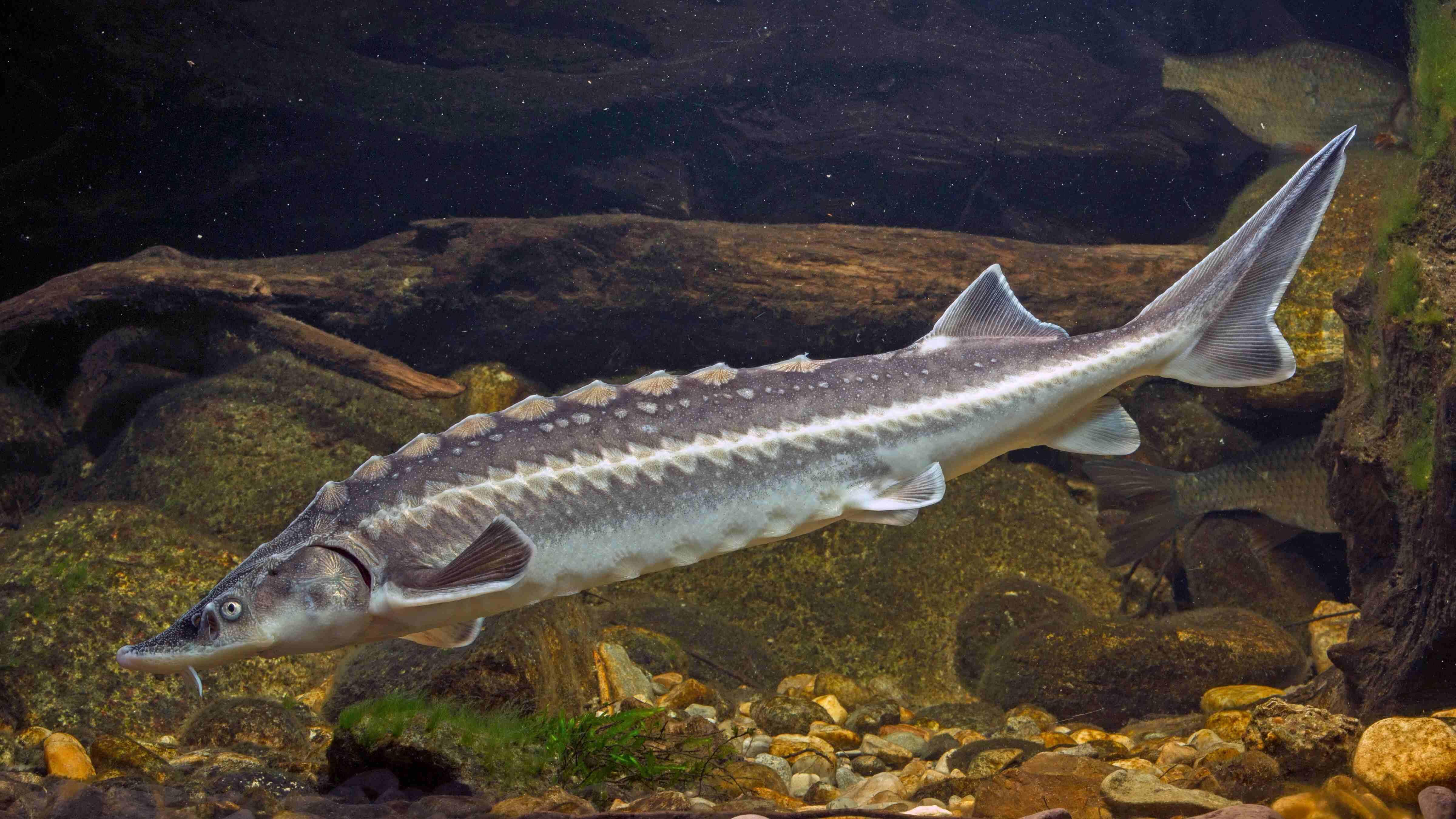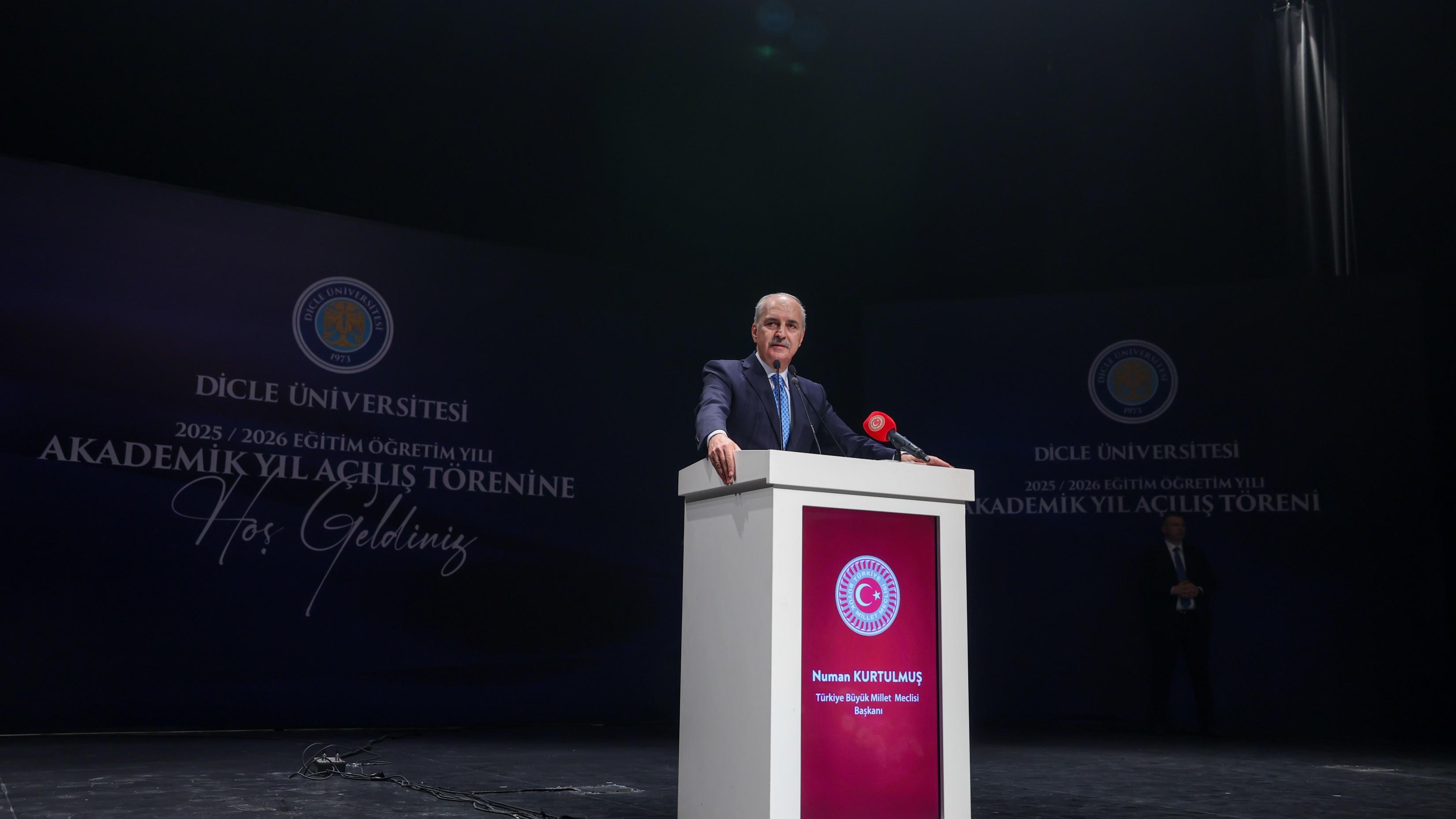Black Sea city revives ancient sturgeon to reclaim spot in global caviar market
Aysel Alp – RİZE

Türkiye is preparing to reenter the global caviar market from the Black Sea province of Rize, where Recep Tayyip Erdoğan (RTE) University’s Faculty of Fisheries has successfully revived the ancient sturgeon species — the source of the world’s most prized delicacy, black caviar.
Dating back 250 million years, sturgeon populations have drastically declined worldwide, with three of the six known species now extinct.
The university, which has managed to breed the remaining three species, is now set to introduce juvenile sturgeon to investors eager to support sustainable aquaculture.
Speaking at the opening of the 5th Rize Gastronomy Days last week, Rize Mayor Rahmi Metin said the city’s goal is to “revive and expand sturgeon production and exports, as outlined in Türkiye’s 1936 Second Industrial Plan, and strengthen the Turkish brand in sturgeon and caviar.”
He recalled that Rize-produced caviar was once exported globally in the 1950s and emphasized the city’s ambition to reclaim that legacy.
“Our aim is to make Türkiye a key player in the global caviar market, which is projected to reach around $1 billion by 2034,” Metin said. “With the opening of our new port, we plan to export caviar, sturgeon and Turkish salmon worldwide, establishing Rize as a reliable hub and supplier in this field.”
İlker Zeki Kurtoğlu, vice dean of RTE University’s Faculty of Fisheries, noted that the sturgeon — which can live up to a century, weigh up to 3 tons and produce caviar valued at up to $22,000 per kilogram — holds vast economic potential, from its collagen-rich air bladder to its durable leather.
















